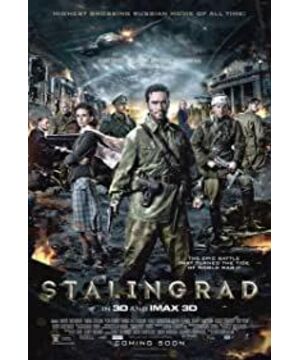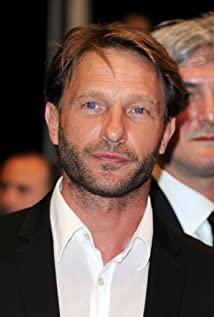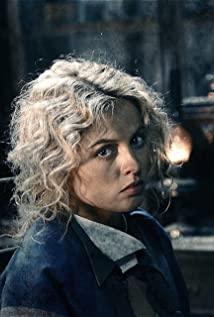There are not many war scenes and is concentrated at the beginning, and the later content is mainly about the portrayal of characters, which is somewhat similar to "Leningrad" in 2009.
The film's stance is a bit subtle, not deliberately glorifying/uglifying either side of the war. The captain of the Soviet army just talked about the need to respect and discriminate against the disabled (deaf members of the team), and then he shot the friendly sailor who was suspected of deserting (couldn't the captain force the sailor to take a gun and make a contribution), although this was done for the sake of The purpose of stabilizing the military's heart, but it also caused the transformation of the characters to become too abrupt. For the German army, on the one hand, of course, it describes its brutal massacres, and on the other hand, it creates an image of a humane, witty, and handsome officer who has to carry out orders. Of course, the ending of such a role is often full of tragic ——Beloved was killed, indirectly killing his boss (the fat officer shouted cursing the fleas that had tortured him for many years before his death, which was both funny and pitiful), and finally lay on the floor with the protagonist and waited The coming of salvation (pao) and redemption (ji).
Obviously, the creators are trying to downplay the right and wrong of war, and instead promote the value of human nature. I think this approach may be for the purpose of improving the country's image and easing conflicts with other European countries. After all, Russia's relations with its western neighbors are currently tense. The German girl is rescued at the beginning of the film. The description of the atrocities of the German army in the film seems to be to show goodwill to the NATO countries represented by Germany. So this war movie is not pure.
View more about Stalingrad reviews











